A timeline of the Second World War: from declaration to surrender
Eight decades have passed since beginning of global conflict that would claim tens of millions of lives
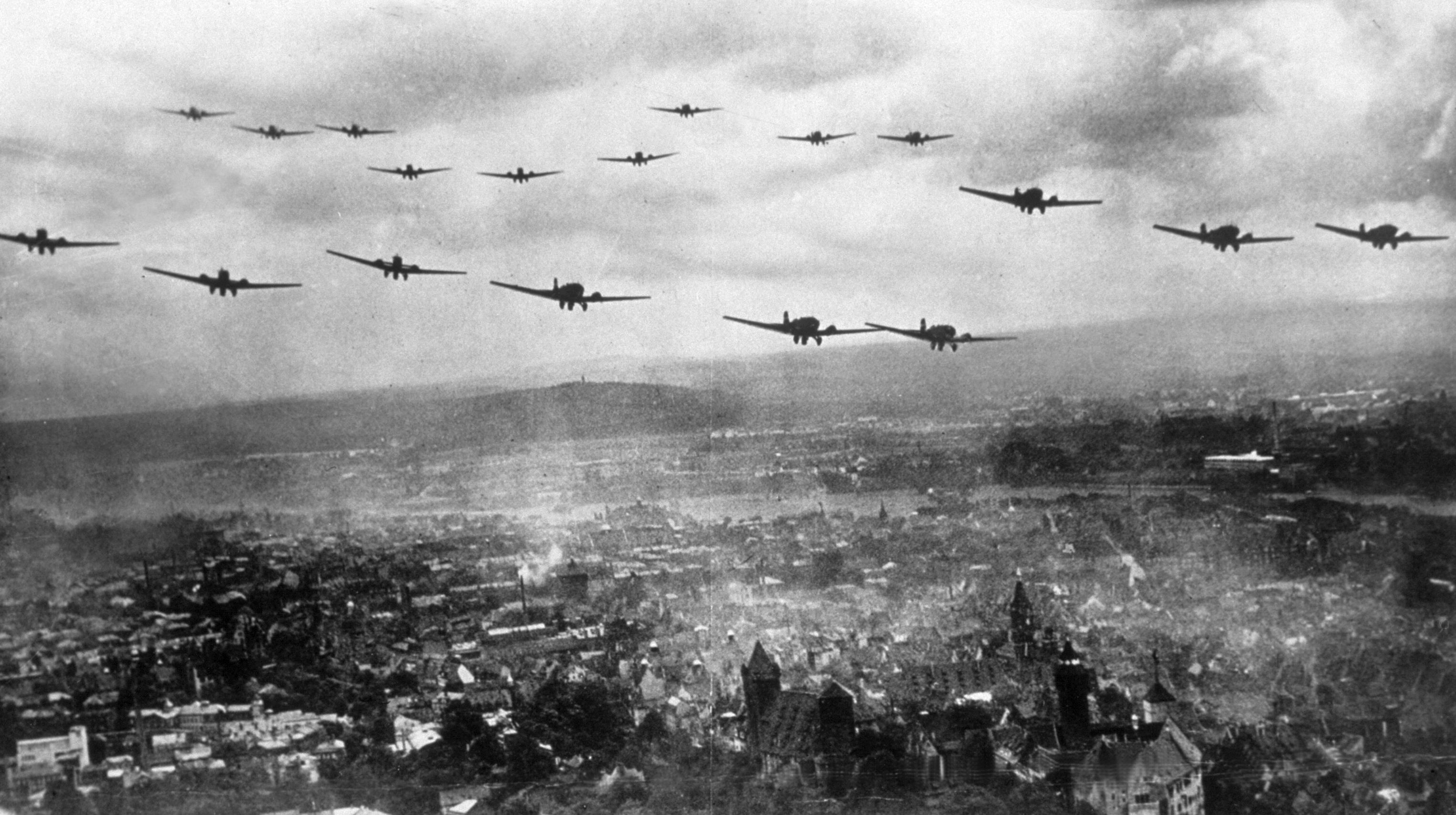
A free daily email with the biggest news stories of the day – and the best features from TheWeek.com
You are now subscribed
Your newsletter sign-up was successful
This year marks the 80th anniversary of the moment a severe diplomatic crisis in Europe boiled over into what would become the most destructive conflict in the history of humankind – the Second World War.
Although the War lasted only six years – a relatively brief conflict compared to those in Iraq and Afghanistan – it claimed up the 80 million lives across the globe and changed the course of history.
Here is how the devastating events unfolded:
The Week
Escape your echo chamber. Get the facts behind the news, plus analysis from multiple perspectives.

Sign up for The Week's Free Newsletters
From our morning news briefing to a weekly Good News Newsletter, get the best of The Week delivered directly to your inbox.
From our morning news briefing to a weekly Good News Newsletter, get the best of The Week delivered directly to your inbox.
3 September 1939: Allies declare war
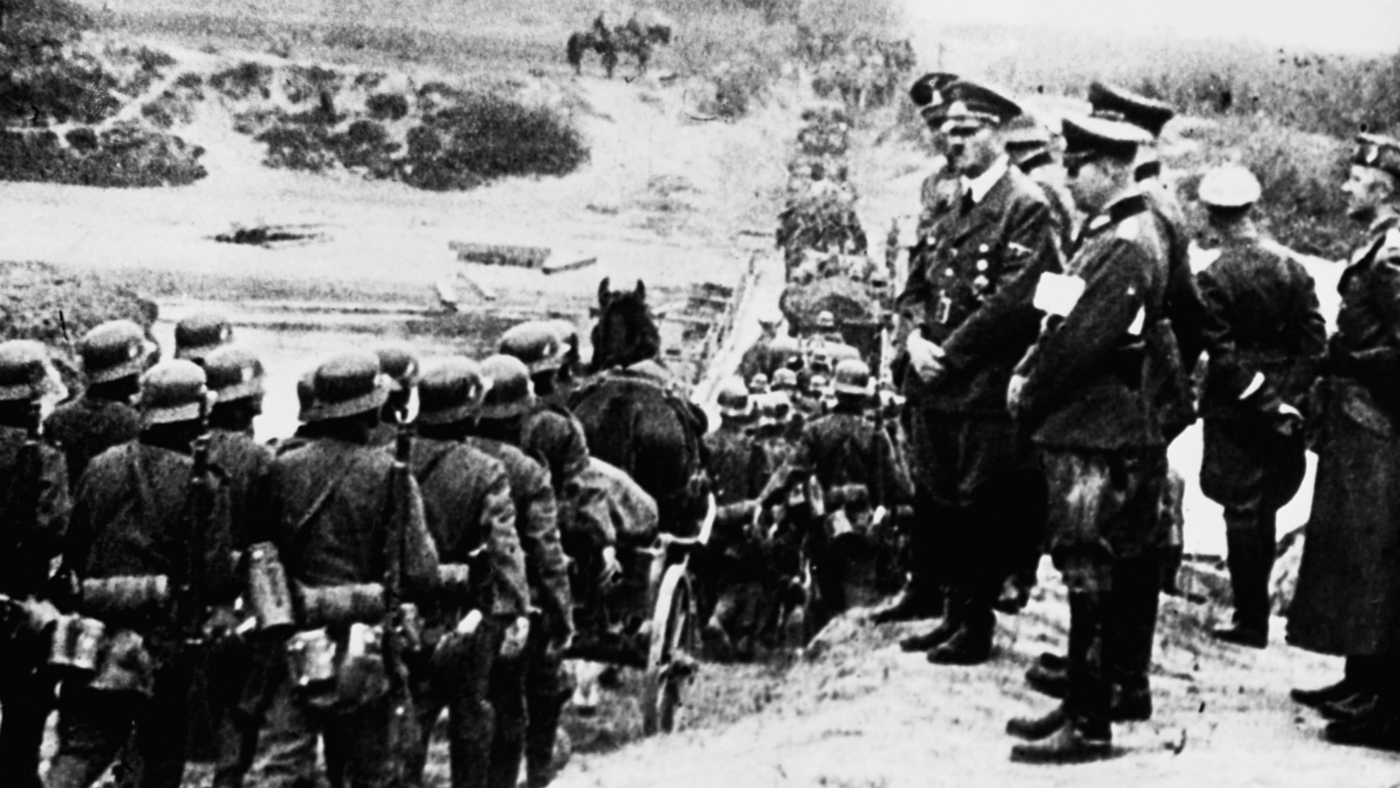
After seizing Austria and Czechoslovakia, German Chancellor Adolf Hitler orders the invasion of Poland on 1 September, prompting Britain and France to declare war on Germany two days later.
On 17 September, the Soviet Union invades Poland from the east as part of a secret treaty between the Nazi Party boss and Soviet leader Joseph Stalin.
10 May 1940: Germany invades France and the Low Countries
A free daily email with the biggest news stories of the day – and the best features from TheWeek.com
Having occupied Denmark and Norway in April, German forces launch a monumental invasion of France, Belgium, Luxembourg and the Netherlands. On the same day, Winston Churchill becomes prime minister of Britain, following the resignation of Neville Chamberlain after losing a confidence vote in the House of Commons.
10 July 1940: Battle of Britain
Having successfully occupied France and the Low Countries within a space of just six weeks, Germany launches an air attack on the UK - known as the Battle of Britain – in which the Royal Air Force achieves a remarkable victory despite being outnumbered.
German bombers will return repeatedly between September 1940 and May 1941 during the Blitz, a campaign to destroy key British cities.
22 June 1941: Operation Barbarossa
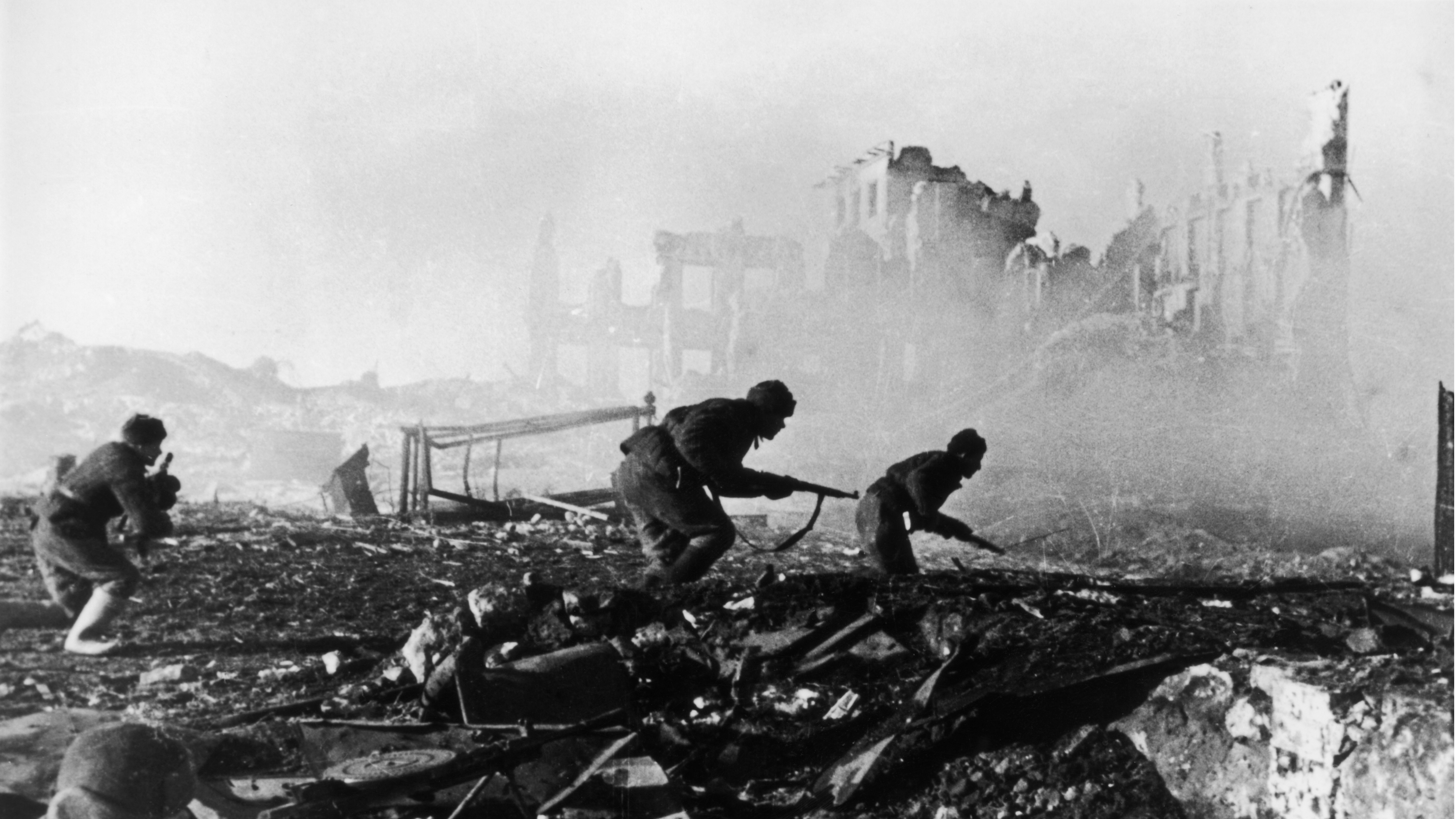
In the largest military operation ever staged, Hitler turns on Stalin to launch a surprise invasion of the Soviet Union. Stalin’s slow response sees the German forces storm through western Russia, committing widespread atrocities on the road to Moscow.
7 December 1941: Pearl Harbor
Japan, already waging war against China, attacks the US naval base at Pearl Harbor in Hawaii after forming an alliance with the Axis powers of Germany and Italy. The attack is an attempt to deter the US from entering the global conflict on the side of the Allies. It fails and the US declares war on Japan the following day.
20 January 1942: Final Solution plan agreed
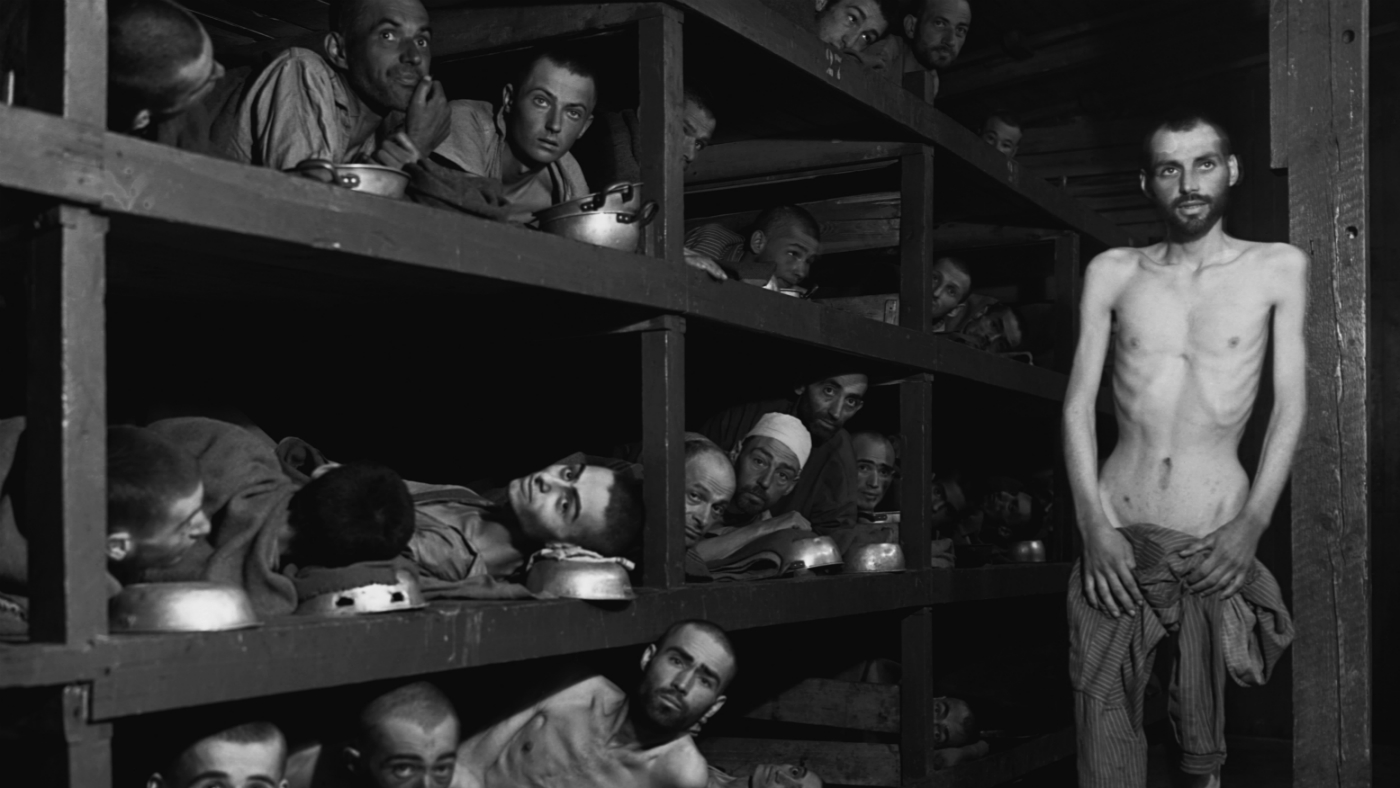
During a meeting in Berlin, the Nazi leadership agree to step up Germany’s campaign to wipe out Europe’s Jewish community, in what they call the Final Solution to the Jewish Question. At least six million Jews will be murdered in Nazi death camps by the end of the War.
2 February 1943: USSR hits back
The largest confrontation of the War, the Battle of Stalingrad, ends after more than five months with a Soviet victory over Germany and its allies. Stalin then launches Operation Bagration, a devastating counter-attack that pushes the Germans out of Soviet territory.
3 September 1943: Italy falls
Following the Axis surrender in North Africa earlier in the year, and the subsequent Allied invasion of Sicily and the Italian peninsula, the Italian government signs an unconditional armistice. Hitler is furious and orders German troops to attack and disarm Italian units across Europe. In response, Italy switches sides and declares war on Germany.
6 June 1944: D-Day
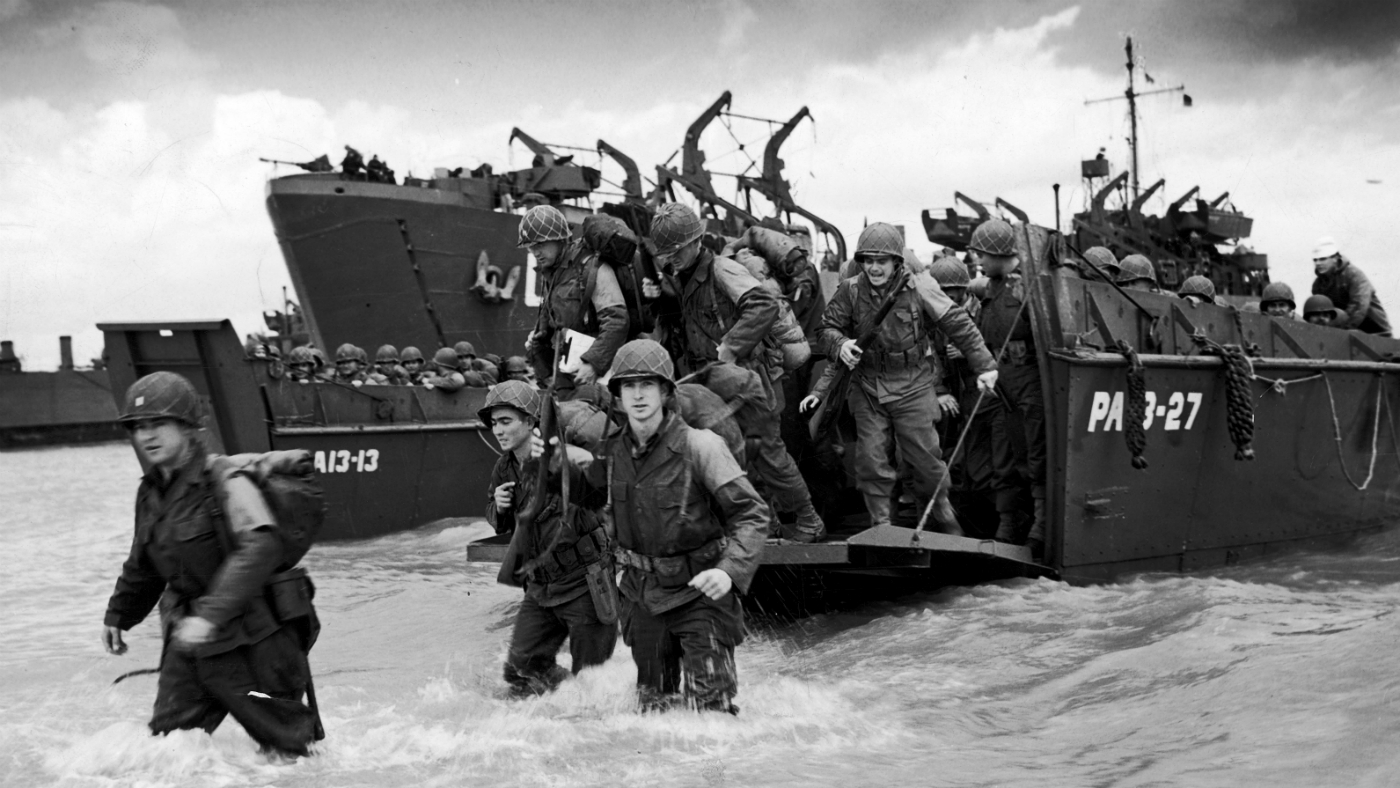
Some 6,500 vessels land more than 130,000 Allied troops on five beaches in occupied Normandy that are codenamed Utah, Omaha, Gold, Juno and Sword. The Allied forces are met with fierce resistance but defeat the Germans and push on to Paris. The city is liberated by August.
16 April 1945: Soviets reach Berlin
German forces have been forced to retreat following the failure of a last-ditch counter-offensive against the Allies on the Western Front in December 1944, known as the Battle of the Bulge. Soviet troops liberated Poland the following month and reach Berlin by April.
8 May 1945: Germany surrenders
With all hope lost and Hitler having committed suicide, Admiral Karl Doenitz signs the German Instrument of Surrender, ending the War in Europe. Concentration camps across central and eastern Europe are subsequently liberated by Soviet and Allied forces, revealing the full extent of the Holocaust.
2 September 1945: Japan surrenders
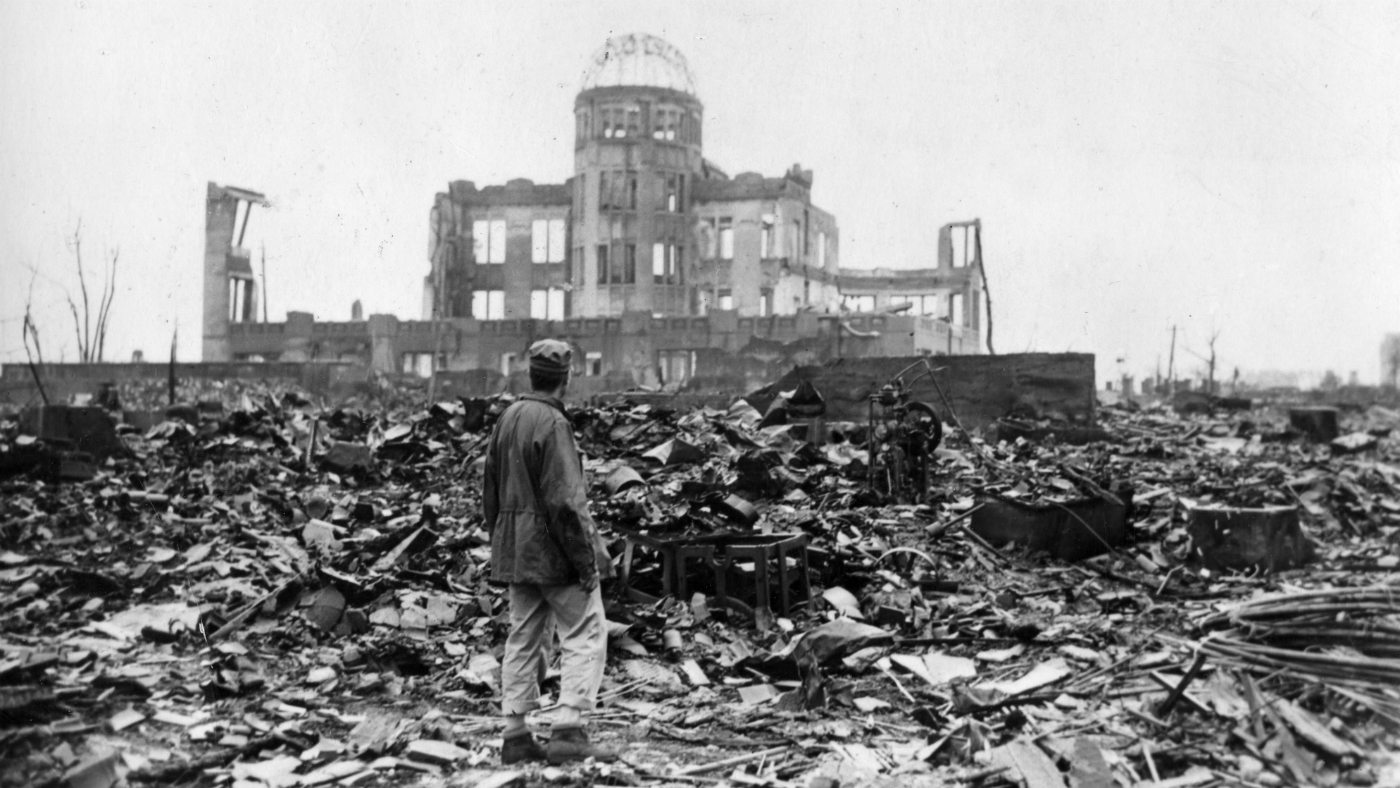
Following a brutal island-hopping campaign across the South Pacific by Allied forces, the US drops two nuclear bombs on the Japanese cities of Hiroshima and Nagasaki, killing hundreds of thousands of civilians. The surrender of Imperial Japan is officially accepted on 2 September 1945 by US General Douglas MacArthur, bringing the Second World War to a close.
-
 How to Get to Heaven from Belfast: a ‘highly entertaining ride’
How to Get to Heaven from Belfast: a ‘highly entertaining ride’The Week Recommends Mystery-comedy from the creator of Derry Girls should be ‘your new binge-watch’
-
 The 8 best TV shows of the 1960s
The 8 best TV shows of the 1960sThe standout shows of this decade take viewers from outer space to the Wild West
-
 Microdramas are booming
Microdramas are boomingUnder the radar Scroll to watch a whole movie
-
 Why Greenland has been a US military stronghold since the Second World War
Why Greenland has been a US military stronghold since the Second World WarIn Depth American interest in acquiring Greenland is rooted in decades of military and economic strategy
-
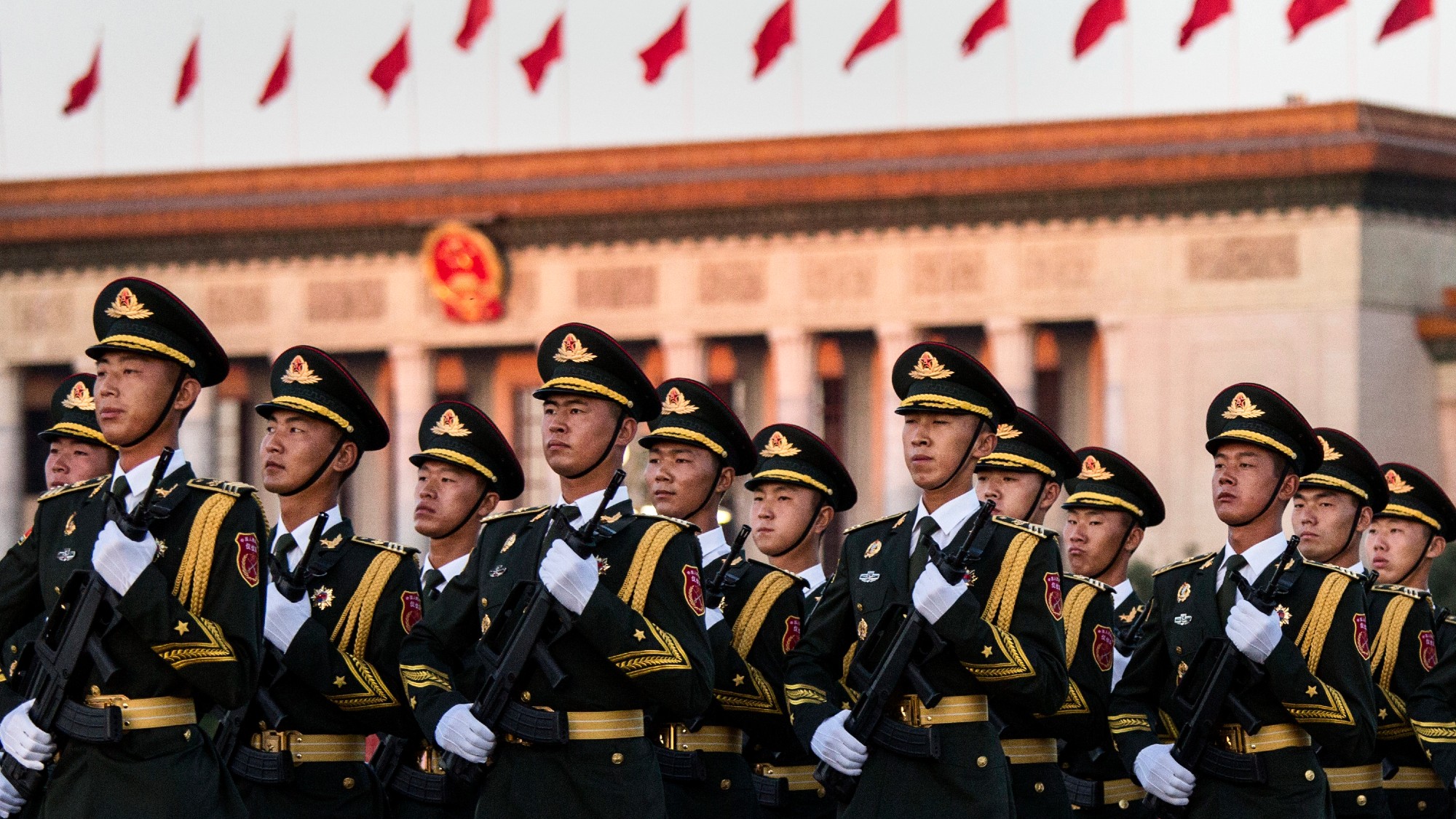 How China rewrote the history of its WWII victory
How China rewrote the history of its WWII victoryIn Depth Though the nationalist government led China to victory in 1945, this is largely overlooked in modern Chinese commemorations
-
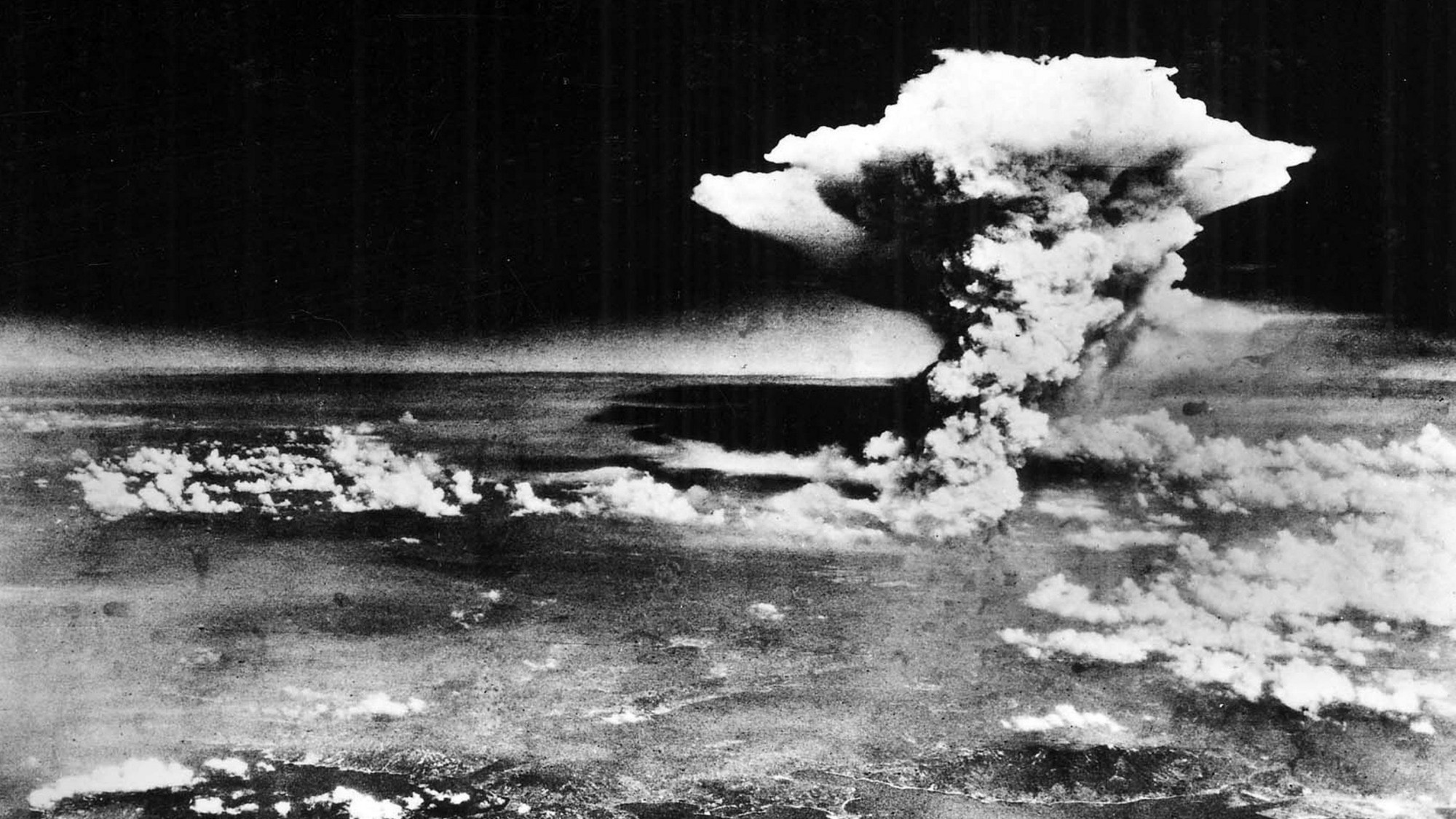 America's controversial path to the atomic bomb
America's controversial path to the atomic bombIn Depth The bombing of Hiroshima followed years of escalation by the U.S., but was it necessary?
-
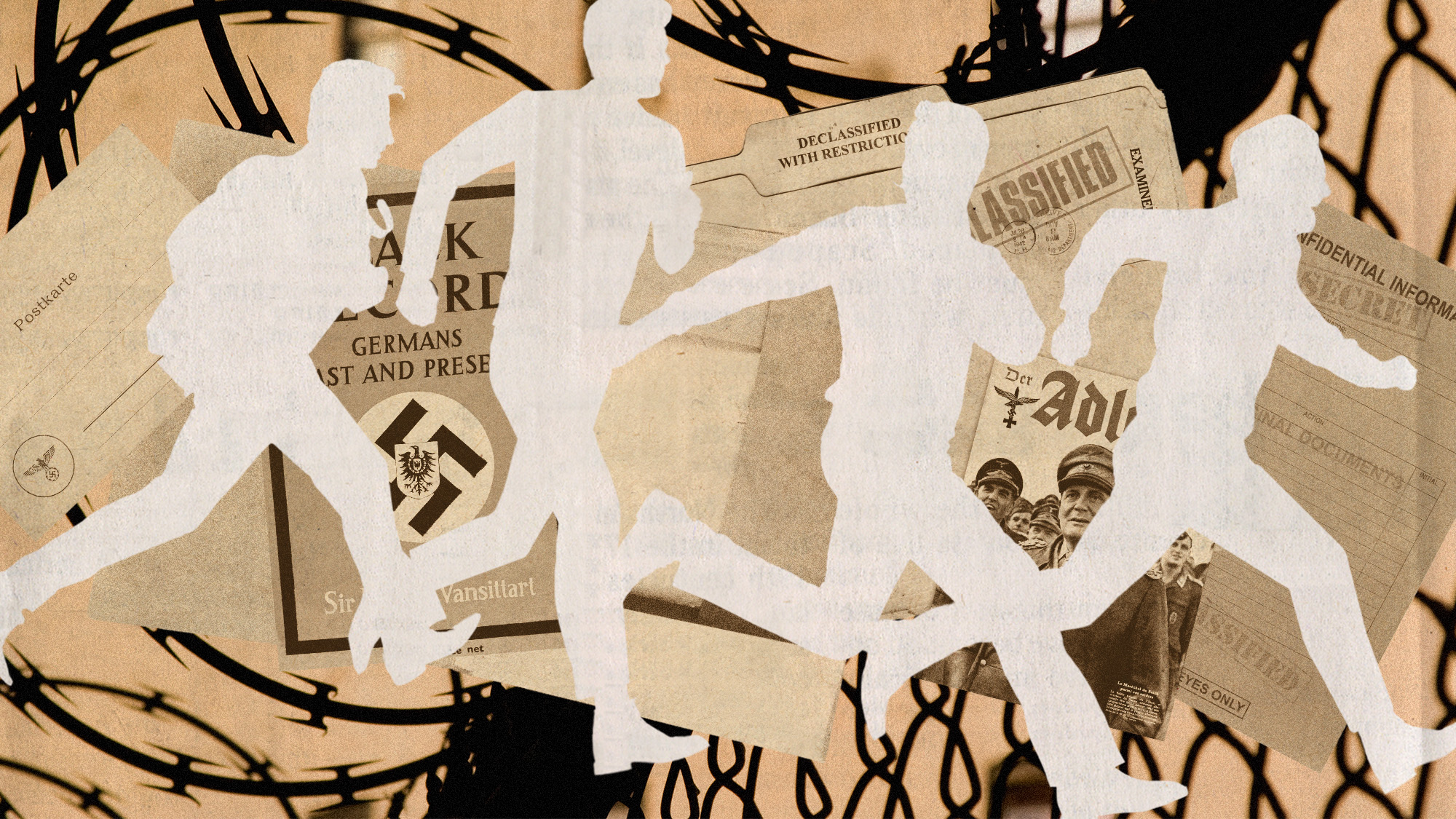 Argentina lifts veil on its past as a refuge for Nazis
Argentina lifts veil on its past as a refuge for NazisUnder the Radar President Javier Milei publishes documents detailing country's role as post-WW2 'haven' for Nazis, including Josef Mengele and Adolf Eichmann
-
 D-Day: how allies prepared military build-up of astonishing dimensions
D-Day: how allies prepared military build-up of astonishing dimensionsThe Explainer Eighty years ago, the Allies carried out the D-Day landings – a crucial turning point in the Second World War
-
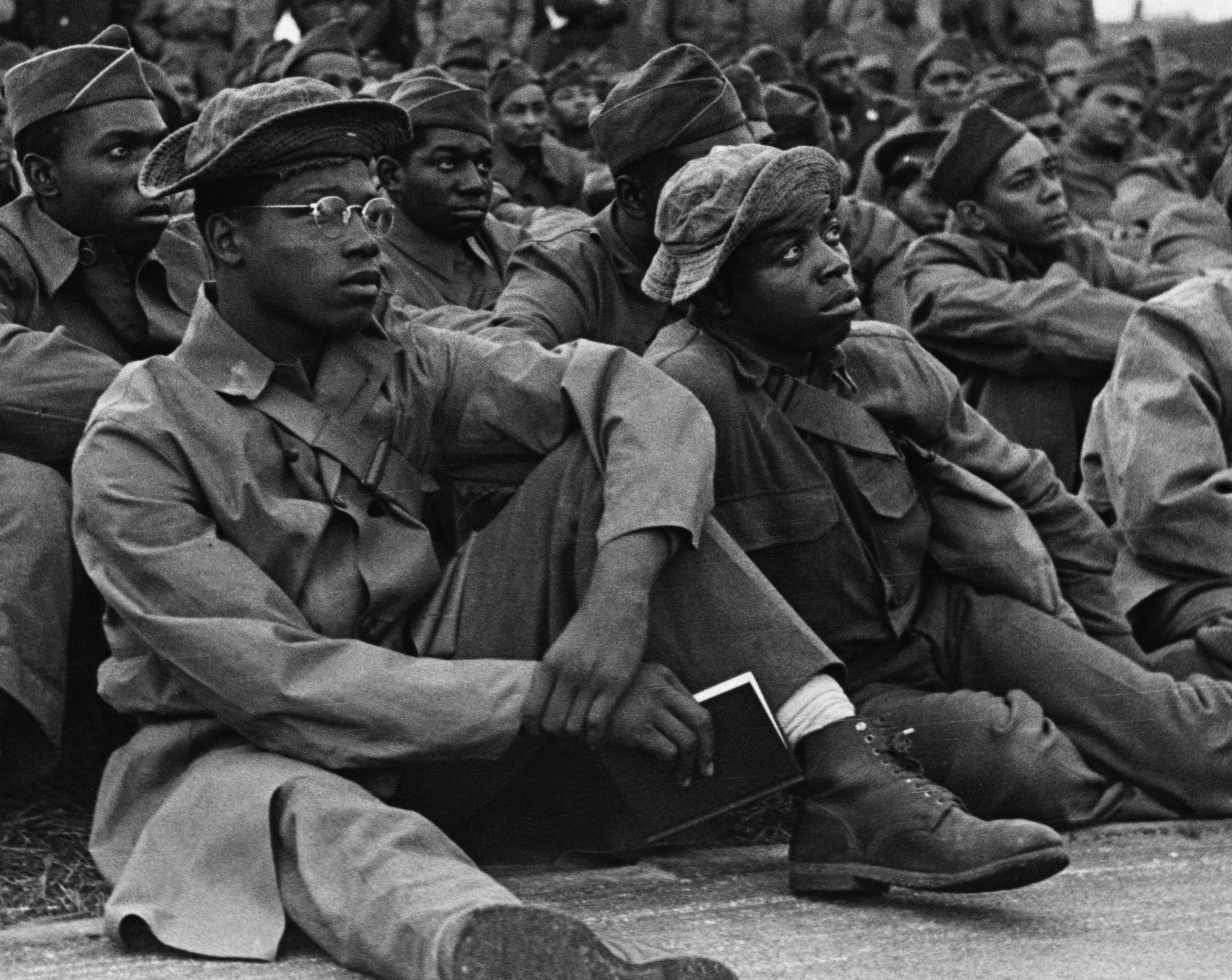 The battle of Bamber Bridge
The battle of Bamber BridgeIn Depth The new Railway Children film draws on a forgotten wartime episode: a skirmish between black and white US soldiers in Lancashire
-
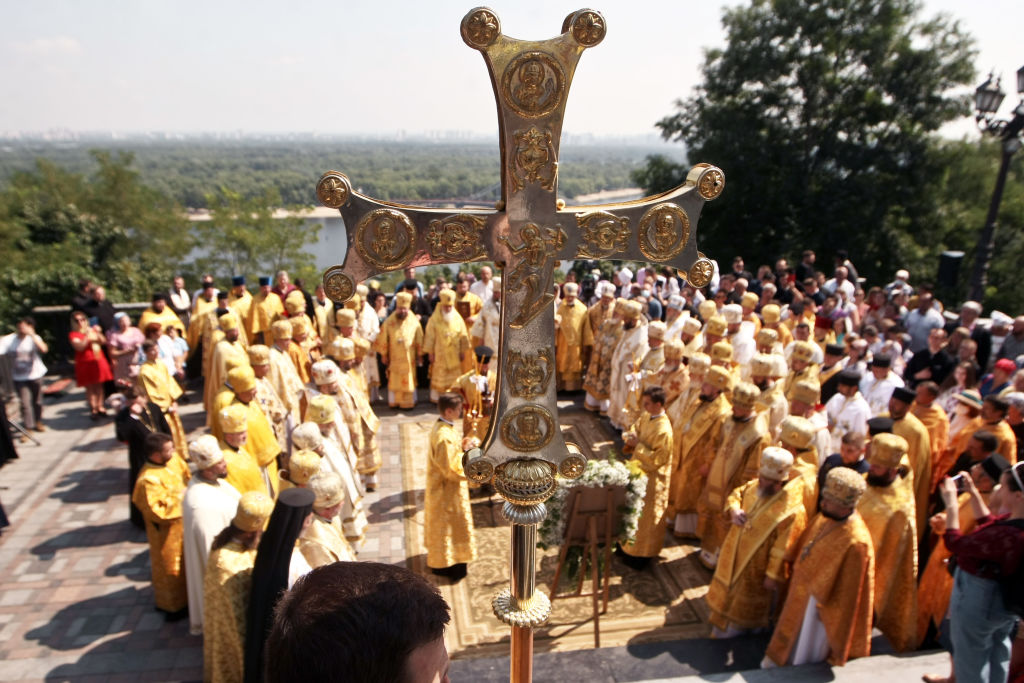 Vladimir Putin’s narrative of Russian victimhood examined
Vladimir Putin’s narrative of Russian victimhood examinedfeature Russian president has repeatedly pointed to his country’s history to justify Ukraine invasion
-
 Can you solve GCHQ’s LGBT-themed Alan Turing brain-teaser?
Can you solve GCHQ’s LGBT-themed Alan Turing brain-teaser?Puzzles and Quizzes Spooks release puzzle as £50 note dedicated to the code breaker enters circulation